Bandar Abbas, a bustling port city in Iran, has emerged as a pivotal player in the realm of global trade. At the heart of its economic prowess lies the essential role played by containers in facilitating the seamless movement of goods. This article delves into the significance of containers originating from Bandar Abbas and their impact on international trade.
What is a container?
In the world of logistics and international trade, containers have emerged as unsung heroes, revolutionizing the way goods are transported globally. A container, in its simplest form, is a large standardized steel box used for the secure and efficient transportation of various commodities. The utilization of containers has significantly streamlined the process of shipping, offering a myriad of advantages that extend from port to port and ultimately impact economies worldwide.
The inception of containerization can be traced back to the mid-20th century when a visionary named Malcolm McLean pioneered the use of standardized containers for cargo shipping. This breakthrough drastically altered the traditional method of loading and unloading goods, reducing time, costs, and risks associated with transportation. Containers come in various sizes, with the standard 20-foot and 40-foot containers being the most prevalent. These steel boxes are not merely metal carriers; they are the backbone of a global network that seamlessly connects manufacturers, suppliers, and consumers across continents.
Bandar Abbas Port: Gateway to Iran's Global Trade
Situated on the southern coast of Iran along the Persian Gulf, Bandar Abbas Port stands as a pivotal hub in the country’s maritime landscape. Renowned for its strategic location, the port serves as a vital gateway connecting Iran to international trade routes, facilitating the movement of goods between the Middle East, Asia, and beyond. Its significance lies not only in its geographical advantage but also in its role as a major economic driver for the region and the nation.
The history of Bandar Abbas Port dates back centuries, with its origins tied to the ancient trade routes that crisscrossed the region. Over time, it has evolved into a modern and bustling port equipped to handle diverse cargoes and accommodate various types of vessels. The port plays a crucial role in supporting Iran’s economy by facilitating the import and export of goods, serving as a lifeline for industries and businesses across the nation.
Bandar Abbas Port boasts state-of-the-art facilities and infrastructure, ensuring efficient handling of cargo and vessels. The port’s terminals are equipped to handle various types of cargo, including containers, bulk commodities, and general cargo. Its strategic location near key shipping lanes enhances its appeal to international traders and shipping lines, making it a preferred choice for maritime activities in the region. The port’s container terminals are equipped with modern technology, facilitating smooth cargo operations and ensuring a seamless flow of goods in and out of Iran. The port’s capacity for handling containers positions it as a key player in global trade, enabling Iran to participate actively in the international supply chain.
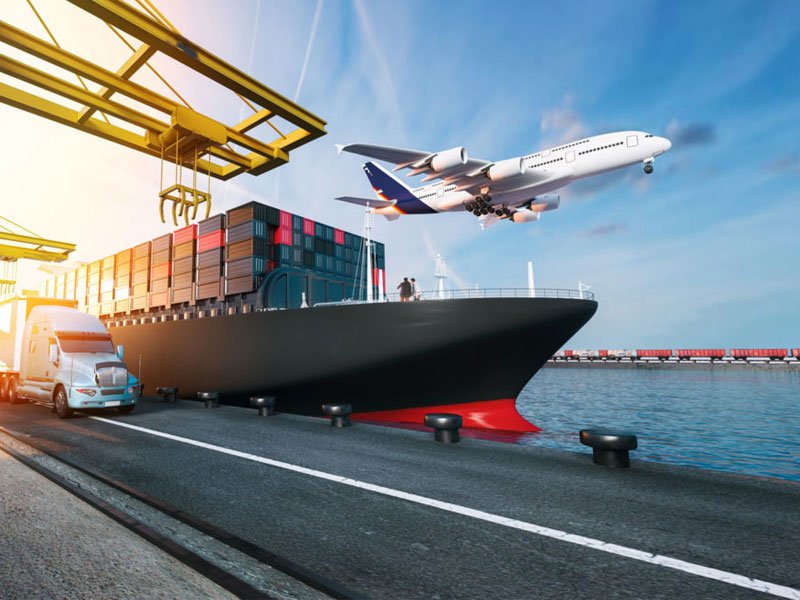
Container from Bnd, Bandar Abbas as a Maritime Hub
Situated on the strategic Strait of Hormuz, Bandar Abbas serves as a critical maritime gateway connecting the Persian Gulf to the Gulf of Oman. Its geographical location places it at the crossroads of major shipping routes, making it an ideal departure point for containers destined for various corners of the globe.
Containerized Shipping: A Game-Changer
The profound impact of containers on the shipping industry is vividly exemplified by the transformative role they play in Bandar Abbas. These standardized, secure, and versatile cargo carriers have ushered in a new era of efficiency and reliability. Bandar Abbas, as a bustling port city, has seamlessly embraced the containerization revolution, offering a robust and streamlined approach to transporting a wide spectrum of goods. The port’s handling of diverse containerized cargo has not only enhanced the efficiency of shipping processes but has also become a cornerstone in the intricate web of global supply chains.
Containers, with their uniform sizes and robust structures, have introduced a level of standardization that transcends geographical boundaries. Bandar Abbas has become a pivotal hub for containerized cargo, facilitating the smooth interchange of goods between land and sea transport. This efficiency is particularly crucial for the seamless integration of various stages of the supply chain, from manufacturers to end-users. The port’s adeptness in handling a myriad of containerized goods, encompassing everything from finished products to essential raw materials, reinforces its status as a vital player in the evolution of modern shipping practices. As Bandar Abbas continues to leverage the advantages of containerization, it solidifies its position as a beacon of efficiency and innovation in the global maritime landscape.
Read more: Shipping Lines in Iran
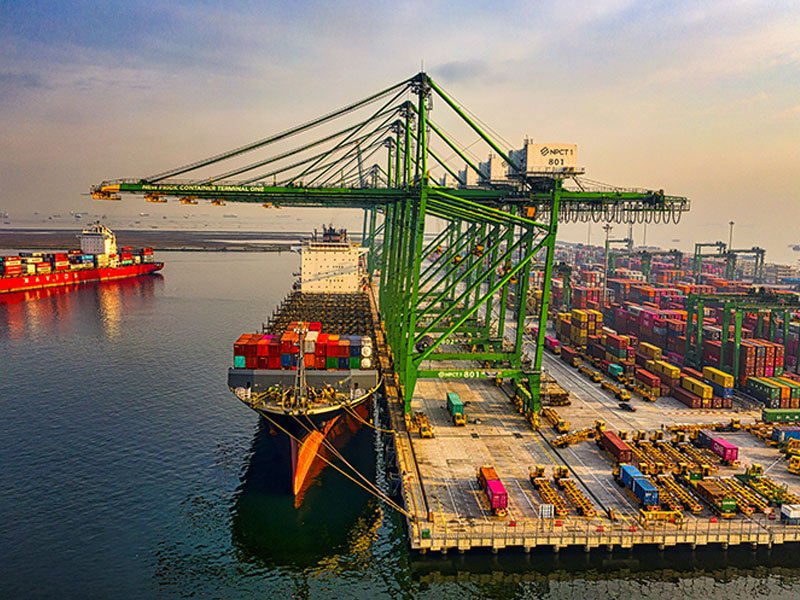
Enhancing Global Connectivity
Containers departing from Bandar Abbas contribute significantly to enhancing global connectivity. These containers embark on journeys across oceans, linking Iranian businesses to international markets and fostering economic exchanges. As a result, the port plays a crucial role in Iran’s economic integration with the rest of the world.
Challenges and Opportunities
While the containers from Bandar Abbas play a pivotal role in global trade, challenges such as international sanctions and geopolitical complexities must be navigated. Despite these challenges, the port presents immense opportunities for growth, especially with the potential easing of sanctions and increasing diplomatic collaborations.
Technological Advancements in Container Management
To further improve the efficiency of container operations, Bandar Abbas has embraced technological advancements. Innovations such as smart container tracking systems, automated handling processes, and digital documentation have been implemented to streamline logistics and enhance the overall reliability of container shipping.
The Future Trajectory
Looking ahead, the trajectory of containers from Bandar Abbas holds immense potential. Ongoing developments and strategic initiatives aim to further strengthen its role in global trade. The expansion and modernization of port facilities, coupled with investments in container handling infrastructure, underscore a commitment to future growth. As the global economy evolves, Bandar Abbas stands ready to adapt and contribute to emerging trends in logistics and supply chain dynamics.
Environmental Considerations
In alignment with global efforts towards sustainability, Bandar Abbas is also focusing on environmentally responsible container shipping practices. The port is exploring eco-friendly technologies, such as green container initiatives and low-emission transport solutions, to minimize its ecological footprint. This commitment not only aligns with international standards but also reflects an awareness of the importance of sustainable practices in the maritime industry.
Collaboration and Partnerships
Bandar Abbas recognizes the significance of collaboration and partnerships in navigating the complexities of international trade. Initiatives to foster stronger ties with global shipping lines, logistics providers, and trade organizations are in progress. These collaborations aim to enhance the efficiency of container operations, address challenges collectively, and seize opportunities for mutual growth.
Digitalization and Smart Port Solutions
The digitization of container management processes is a key focus for Bandar Abbas. Embracing smart port solutions, including blockchain-based tracking systems and data analytics, is anticipated to bring about increased transparency, security, and efficiency. These innovations not only benefit the port’s operations but also contribute to the broader goals of the global shipping industry.
Conclusion
In conclusion, containers from Bandar Abbas are not just physical units for transporting goods; they symbolize Iran’s gateway to the global marketplace. The port’s strategic location, containerized shipping capabilities, and ongoing technological investments position it as a key player in fostering international trade and economic growth. As the world continues to evolve, Bandar Abbas remains at the forefront, driving the wheels of global commerce through its containerized contributions.
Read more: Freight Forwarder Iran
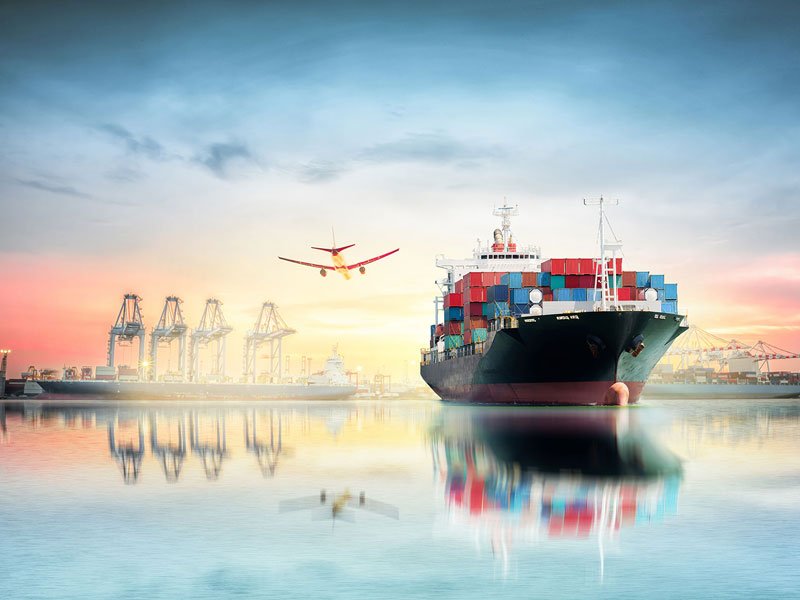
FAQs about Container from Bandar Abbas
Bandar Abbas Port handles a diverse range of containers, including standard dry containers, refrigerated containers for perishable goods, open-top containers for oversized cargo, and flat-rack containers for heavy and bulky items. The port’s versatility makes it suitable for various shipping needs.
Bandar Abbas Port is equipped with advanced container handling facilities, ensuring an efficient and streamlined process. The port utilizes modern technology, such as container tracking systems and automated processes, to enhance efficiency and reduce turnaround times for vessels.
Bandar Abbas Port is served by several major global shipping lines, offering extensive connectivity to international destinations. Well-established shipping companies, both local and international, contribute to the port’s robust network, providing businesses with a wide range of shipping options.
Like any major port, Bandar Abbas has regulations governing container shipments, including customs procedures, documentation requirements, and safety standards. Importers and exporters are advised to familiarize themselves with these regulations to ensure a smooth shipping process.
Bandar Abbas Port plays a vital role in Iran’s international trade by serving as a key gateway for imports and exports. Its strategic location and modern facilities make it an essential hub, connecting Iran to global markets and enabling businesses to participate actively in the international supply chain.

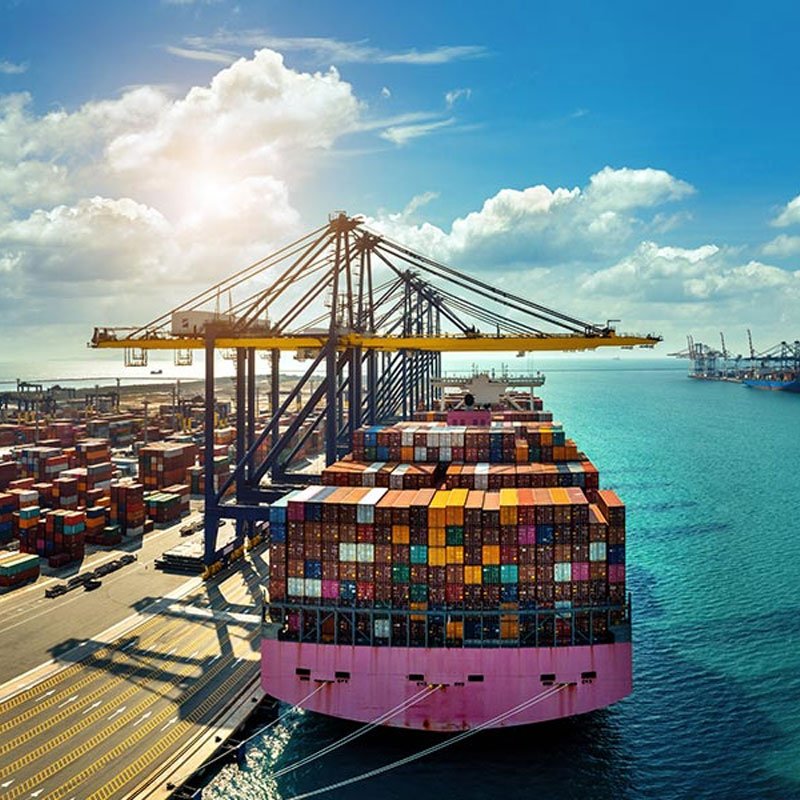

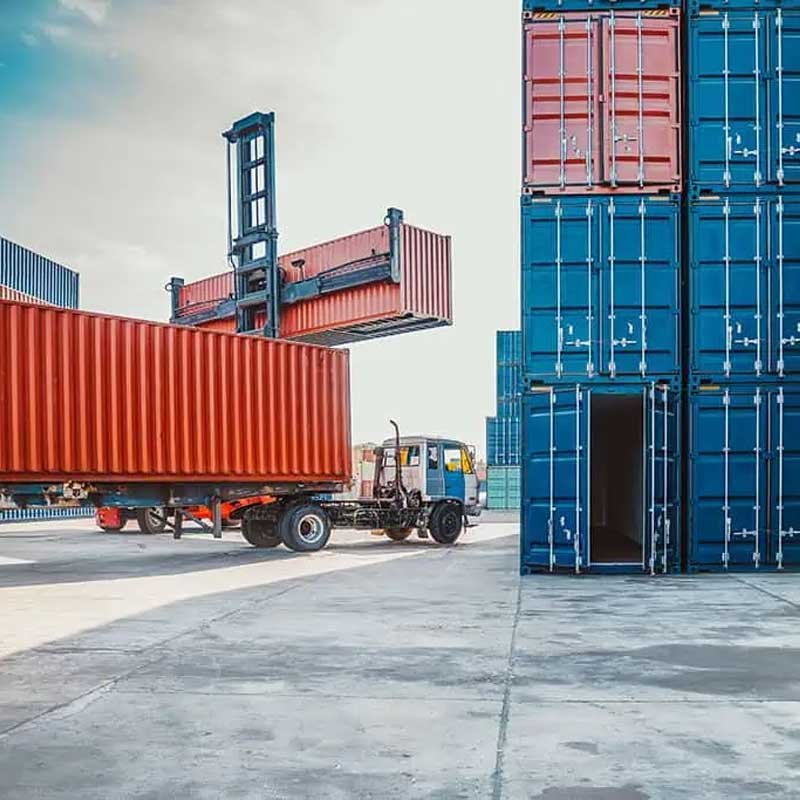
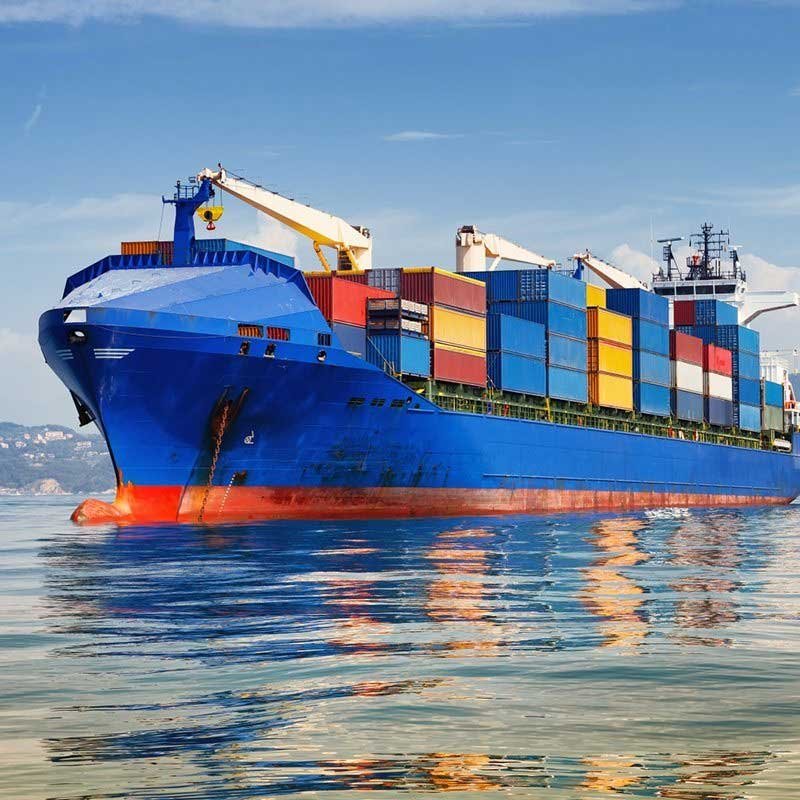
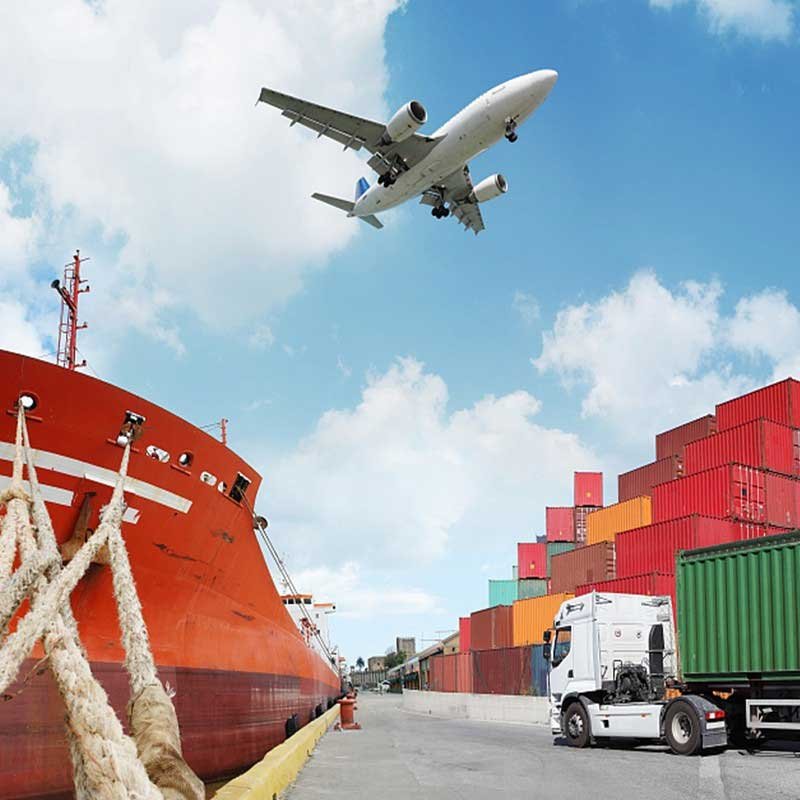
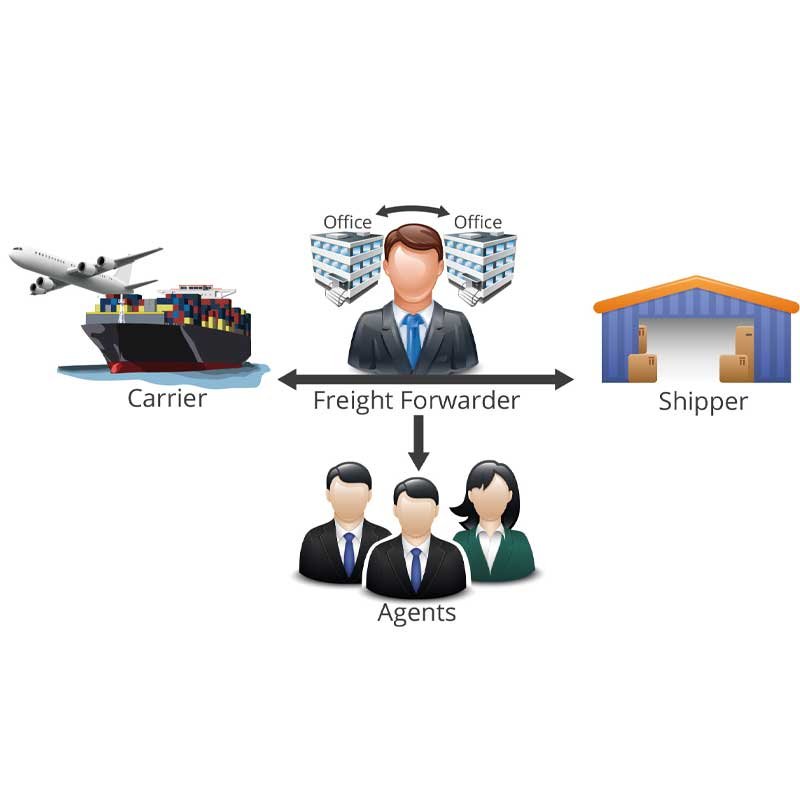
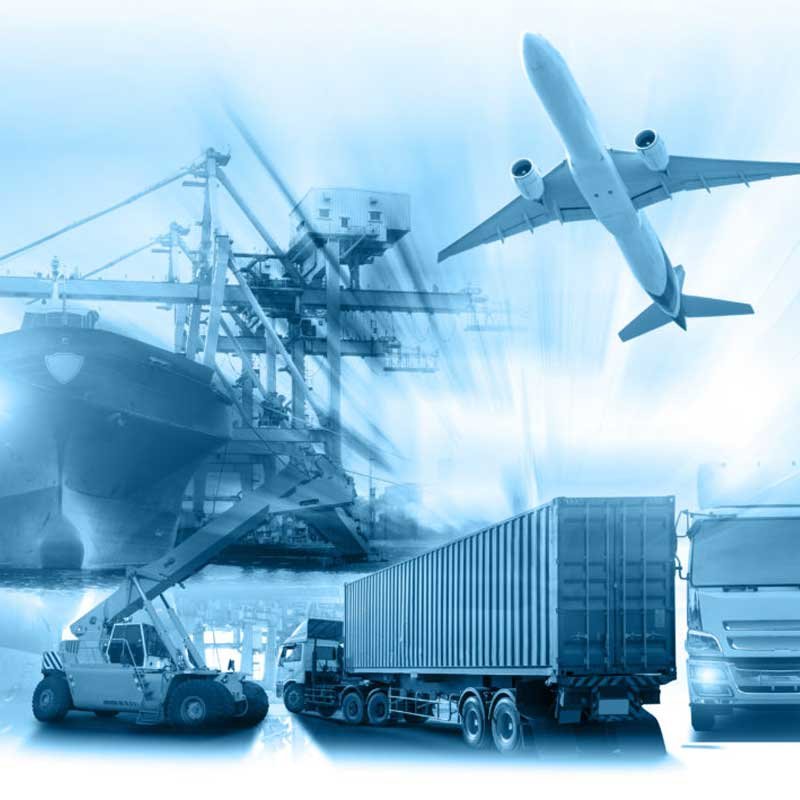


Recent Comments